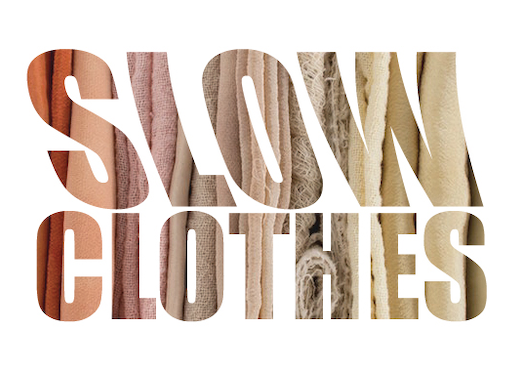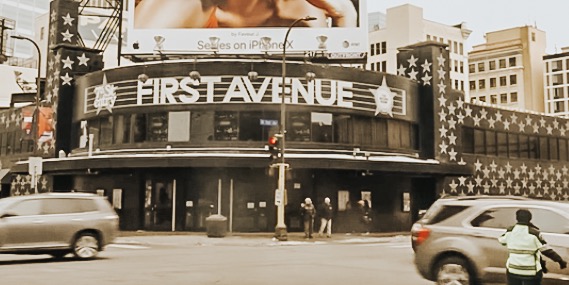Slow-fashion is a catch phrase that is beginning to infiltrate the marketplace. It describes a movement and lifestyle that, among other things, promotes textile recycling, environmentally-friendly manufacturing and local production. To fully grasp what slow-fashion acolytes advocate, it’s important to recognize the appeal of fast-fashion, which is a popular global business model. By using cheaper materials and large-scale manufacturing processes, merchandisers can flood the market with trendy, low-cost clothes. It’s a profitable model. It’s also hard on the environment and encourages irresponsible labor practices. In 2015, according to a report by the Ellen Macarthur Foundation, the textile industry used 98 million tons of oil and 100 billion cubic meters of water. In 2017, discarded clothes released the equivalent of more than 50 billion plastic bottles into the ocean. A significant percentage of these textiles…
- Author: mart4339 -
Kayla, a copy editor at Flourish, is a senior studying Professional Journalism with a minor in French Language Studies. She's passionate about broadcasting and is proud to be a production assistant with Minnesota Twins Radio. She enjoys true crime, traveling and print journalism.
They have been a key landmark for nearly 50 years. What’s their secret?
Veganism, a great way to live sustainably, promotes a healthier lifestyle for our minds, planet and bodies.



